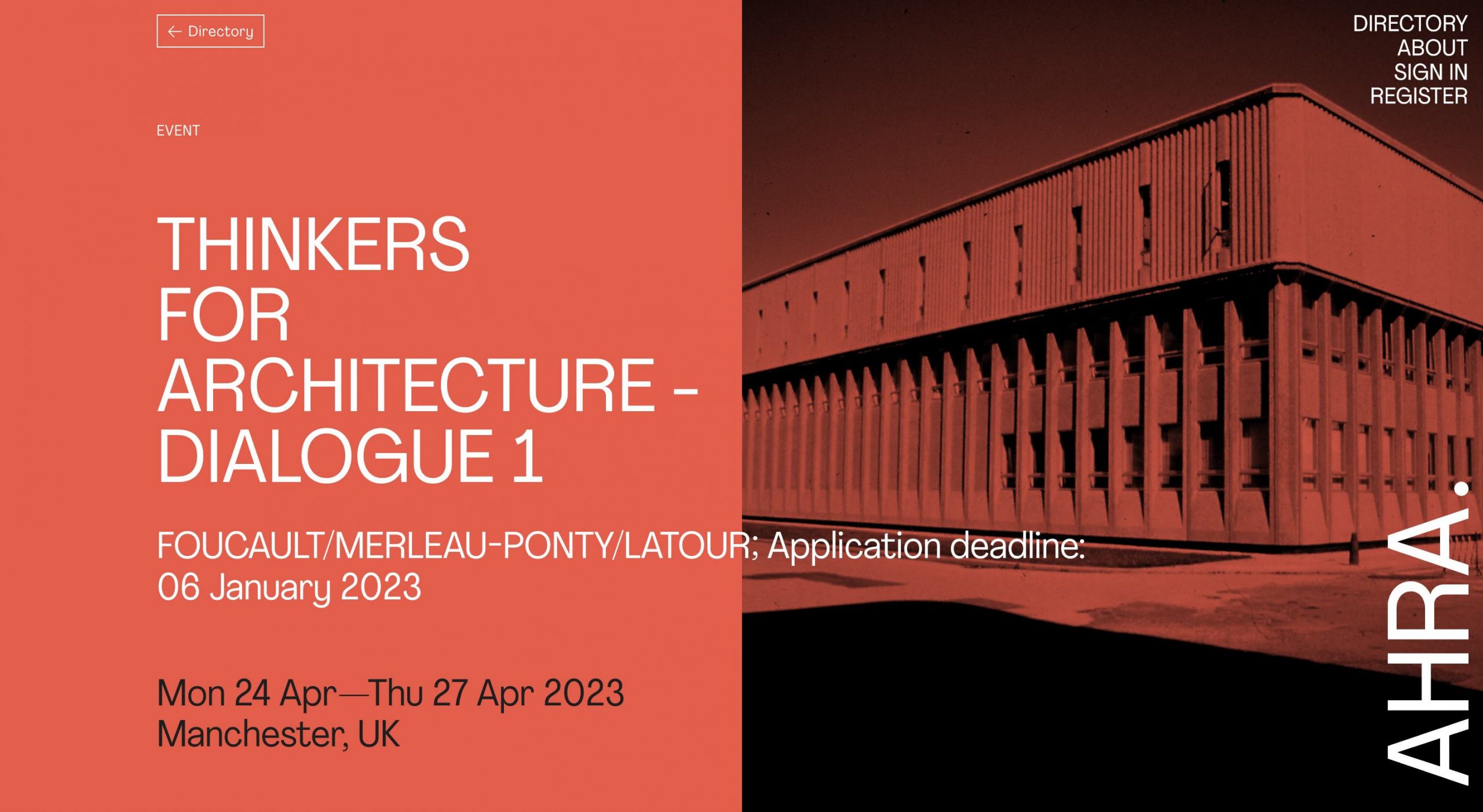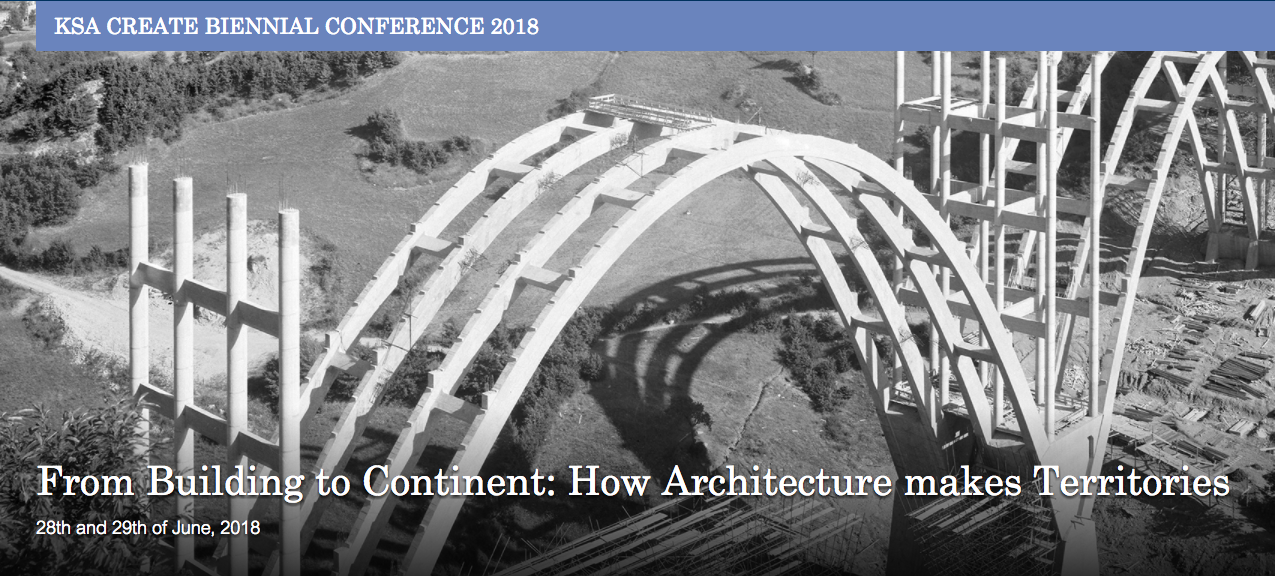Research Workshop Convened by:
- Gordana Fontana-Giusti (University of Kent)
- Jonathan Hale (University of Nottingham)
- Albena Yaneva (University of Manchester)
When: Monday, 24th of April —Thursday, 27th of April 2023
Where: Manchester, UK
The thought of Michel Foucault, Maurice Merleau-Ponty and Bruno Latour has greatly contributed to the advance of research scholarship in the field of architecture. As part of a hugely influential strand of French intellectual history that spans Structuralism, Post-structuralism, Phenomenology and contemporary Actor-Network Theory, the links between these three thinkers are many and vital, and yet in detail remain largely unexplored. Their work has rarely been discussed together, ‘in dialogue’, or across empirical examples and case studies drawn from architectural and urban research. This workshop provides an opportunity for such a dialogue, convened by the authors of three volumes in the Thinkers for Architects book series published by Routledge/Taylor&Francis: Foucault for Architects (Gordana Fontana-Giusti); Merleau-Ponty for Architects (Jonathan Hale); and Latour for Architects (Albena Yaneva). It offers a unique opportunity for young researchers to ‘think with’ these leading theorists of the last 100 years and to harvest applied knowledge for their ongoing research projects.
For more information, please visit here.











